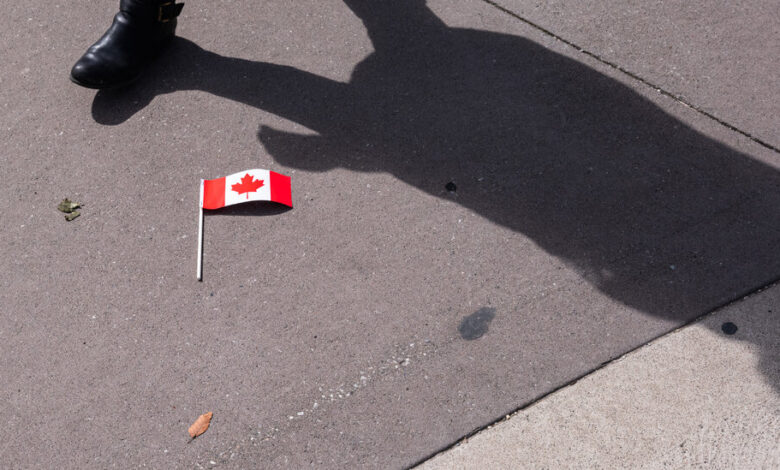Opinion | Canada Needs a New Story

Canadians like to see themselves as polite peacekeepers. But there is a worrying gap between how we view our influence globally versus how the rest of the world sees it. In a survey last year, just over half of Canadians said their country was viewed positively in world affairs. While not a direct comparison, by contrast, a global Fulbright Foundation survey conducted around the same time found that less than one-third of respondents said Canada used its influence around the world “mostly for good.”
In 2015, Mr. Trudeau campaigned to bring Canada back into the world after criticism the country had lost its soft power. Two years later, Canadians increasingly backed finding new economic partners when Mr. Trump, in his first term, demanded a renegotiation of the North American Free Trade Agreement that yielded the United States-Mexico-Canada Agreement, which many argue disadvantaged Canada economically.
What went wrong? Some will say “circumstances”; there was a pandemic after all, and soaring inflation. Others will blame a failure of “deliverology,” the ability to take a stated policy through to completion. Some others still might point a finger at Mr. Trudeau’s focus on issues that resonated with his base — gender equity, climate change — and less with the countries they wished to engage. His harshest critics will simply condemn the former prime minister and his cabinet as unserious.
In the past decade, Canada’s bilateral relationships with world powers beyond the United States have worsened, not improved. Many in Canada feel relations with China are irreparable after a geopolitical saga that began with the arrest, at Washington’s request, of top a Chinese Huawei executive in Vancouver in 2018, and culminated in China’s subsequent imprisonment of two Canadian men for more than 1,000 days in apparent retaliation. Current economic relations are no less fraught: Canada has imposed a 100 percent tariff on Chinese-made electric vehicles, along with a 25 percent tariff on steel and aluminum products from China. China, in turn, has imposed a 100 percent tariff on Canadian exports of canola oil, canola meal and peas, and a 25 percent tariff on seafood and pork. Farmers in western Canada are hurting.
The diplomatic relationship between Canada and India is even worse. Last October, Ottawa expelled Delhi’s high commissioner after alleging that India sent assassins to kill a Canadian citizen who was a leader of a Sikh nationalist group. Delhi, which has vehemently denied the accusation but nevertheless views Canada as soft on extremist groups, matched the move and expelled Canada’s top diplomat. Despite — or perhaps, because of — the large Indian diaspora living in Canada, both countries remain locked at a nadir in their diplomatic relationship. The political establishment in Delhi largely blamed Mr. Trudeau; it remains unclear the extent to which Mr. Carney will have the political appetite to smooth things over.




